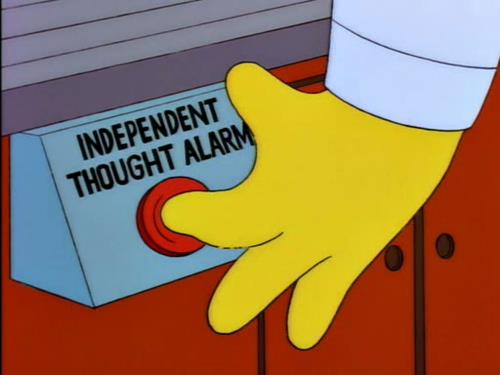10 years after my binary search through dietary supplements, which found that a particular blend of B and C vitamins was particularly energizing for me, a CBC news article reported that the blend I’d used — called “Emergen-C” — did not actually contain all of the vitamin ingredients on its label.
This puzzled me. I had robustly found
- that taking either Emergen-C (which said it contained B-vitamins) or a fairly strong B-vitamin supplement caused me to feel considerably more energetic;
- that lower doses of B vitamins didn’t seem to work for this, and
- that vitamin C also didn’t seem to work on its own.
Moreover, I had done this in the absence of any knowledge or expectations that, in fact, B vitamins have this effect fairly commonly, and only later learned that I, in fact, had a B-vitamin deficiency.
So the CBC story just didn’t add up. I thought back over my experiment and experiences, and concluded that at the very least, Emergen-C probably actually contained plenty of B-vitamins, and I continued to take it as needed.
I think my friends who told me about the study thought I was a little naive for still “trusting the Emergen-C folks”. I could imagine them making fun of me, a slave to the supplements industry, buying into whatever FDA-unapproved-nonsense they put on their labels. My “independent thought” alarm was going off.

And it was right to feel a least a little weird. When others disagree with you, there is cause for an update. Indeed, if they’d said this about other supplements about which I’d had way less experience and evidence, I would have believed it. But over the years, I’d tested the B vitamins thing every which way I could, and in particular, Emergen-C seemed to work just as well as other B supplements.
And then, two months later, it came out… the study from the CBC news story was wrong.
I felt like saying “I told you so!”, but my friends were actually the ones to tell me about the news update. Rather, I decided to write this blog post to illustrate something else: an instance of feeling entitled to disagree with consensus. Not because “I can have whatever opinion I want”, but because I’d done the math, and it told me I needed B-vitamins, and that I was getting them from Emergen-C.
By contrast, I think as a source of evidence for my capacity to reason on my own, the story’s not very interesting. It takes a lot more than accurately second-guessing one study for me to feel like (or to convince you that) I have a solid track record.
Rather, what I want to point to here is my feeling that I should actually bother to parse my own sources of evidence. I don’t just average the opinions of the people around me, or the news, or even scientific articles. I compute a separate, other impression of my own that might disagree with those sources. I think that’s a computation that’s a little harder to do sanely, but is worth doing, and is made easier by knowing some statistics, and in particular, Bayes’ Rule.
Moreover, I think for consensus opinion to actually become more trustworthy, it needs a lot more people to do this sort of independent parsing of evidence. Ergo, blog post 🙂
